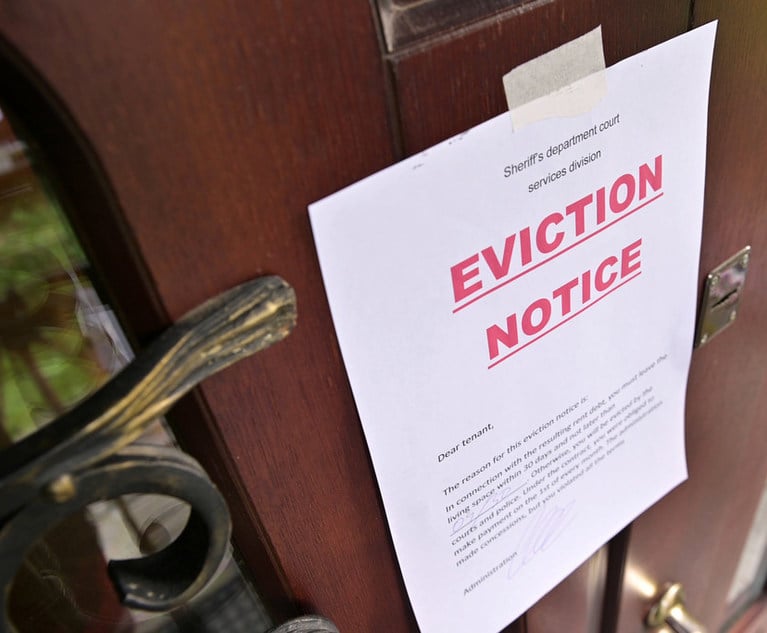When the California Consumer Privacy Act of 2018 (CCPA) became operative on Jan. 1, 2020, it ushered in a game-changing increase in liability exposure for companies that interact with personal information (PI). In addition to permitting regulatory enforcement of its privacy requirements, the statute creates a private right of action for certain data breaches. While private class actions over data breaches are not new, the CCPA upped the ante for American businesses by providing that California consumers can pursue class actions for statutory damages of between $100 and $750 per consumer per incident merely because they had specified types of PI subject to an unauthorized access and exfiltration, theft, or disclosure as a result of the business’s violation of the duty to implement and maintain reasonable security procedures and practices appropriate to the nature of the information. The CCPA purports to allow these statutory damages even when the consumers suffered no separate harm from the alleged unauthorized access and exfiltration, theft, or disclosure.
In addition, the CCPA broadly gives California consumers the right to know what sort of PI businesses collect about them, who has received their PI, and the right to have certain types of information deleted. While these sections of the CCPA do not themselves provide a private right of action, questions have arisen as to whether violations of these provisions can support separate claims under other causes of action that do.







